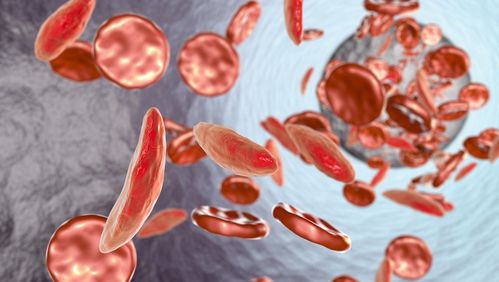Phlegm-damp constitution is considered a common type in traditional Chinese medicine, characterized by the accumulation of dampness in the body and poor water metabolism. Adjusting diet is key to improving this constitution because incorrect food choices may exacerbate dampness issues. Despite being commonly regarded as a nourishing food, red dates are not suitable for people with a phlegm-damp constitution for three main reasons:
Firstly, red dates are warm in nature and can exacerbate dampness. Individuals with a phlegm-damp constitution already face dampness issues, frequent consumption of red dates may worsen this condition, leading to heaviness in the body, fatigue, and discomfort in the digestive system.
Secondly, red dates contain high levels of sugar, which can easily create a damp-heat environment in the body. This may cause symptoms such as oral ulcers, skin problems, and abdominal bloating, especially harmful to those with a phlegm-damp constitution.
Moreover, the sweet taste of red dates may stimulate the appetite of individuals with a phlegm-damp constitution, leading to overeating and indigestion, further aggravating dampness issues.
In addition to red dates, there are several other types of food that individuals with a phlegm-damp constitution should also limit intake of: – Sticky foods like glutinous rice, due to their poor digestion which can worsen gastrointestinal burden, leading to indigestion. – Raw and cold foods may enhance internal cold-dampness, affecting spleen-stomach function and causing discomfort similar to diarrhea. – Fried foods can increase internal damp-heat, not only worsening phlegm-damp symptoms but also potentially leading to excessive internal heat and digestive issues.
On the other hand, the following foods are more suitable for individuals with a phlegm-damp constitution: – Foods that invigorate the spleen and eliminate dampness, such as Chinese yam, coix seed, help enhance spleen-stomach function, promoting the expulsion of dampness. – Foods that clear heat and remove dampness, such as bitter melon, cucumber, effectively clear internal damp-heat, maintaining overall body health.
Furthermore, improving lifestyle habits is equally important: maintaining a regular routine, adequate sleep, increasing exercise to boost metabolism, and maintaining a positive mindset to prevent stress from affecting health.
In conclusion, managing a phlegm-damp constitution requires a dual approach of diet and lifestyle habits. When adjusting the diet, consider individual constitutional differences and seek advice from a professional traditional Chinese medicine practitioner to achieve personalized, scientific health management plans, effectively improving the constitution and promoting health.


